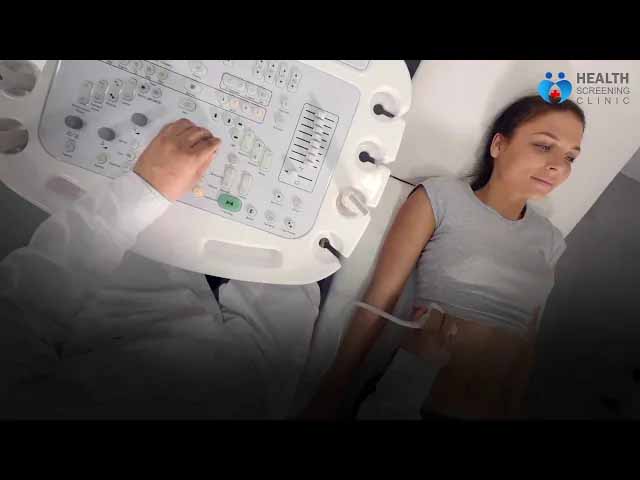MEDICATION AND DRUG ALLERGIES
Drug allergy happens when your immune system reacts abnormally to a medication. Many people experience drug allergy, which can be induced from any medication or drug either prescribed or gotten over the counter.
Researches in the UK suggests that only about 5% out of 15% of its population’s adverse reactions to medication are truly allergic reactions. Findings by the British Society for Allergy and Clinical Immunology (BSACI), states that 6.5% of hospital admissions are linked to adverse drug reactions as causal factors and15% of prolonged hospital stay.
Not all drug reactions are allergic, some reactions experienced when you use some drugs are spelt out on the label as side effects; theyinclude headaches, diarrhoea, nausea, palpitations and muscle pains. Allergic drug reactions are triggered in the immune leaving the body with itching, rashes, swelling (angioedema) and wheezing.
Allergy-causing drugs
Allergy-causing medications induce the release of histamine in the body by a non-immune mechanism which cannot be diagnosed by any blood test.
Example of such medications include:
- Aspirin and anti-inflammatory drugs,
- Morphine and the opiate family
- Anaesthetics and some radio-contrast fluids given intravenously duringan x-ray.
Symptoms of drug allergies
You may not experience allergic symptoms when you take a drug for the first time because your body could be producing antibodies against it. It might be seen as an invader by your immune system, and the next time you take it, you will develop allergic symptoms because your body will produce chemicals to fight against it. Common symptoms of drug allergies are:
- Skin rash
- Itching
- Wheezing or other breathing problems
- Swelling
- Vomiting
- Feeling dizzy or light-headed
- Anaphylaxis (in life-threatening reactions)
Diagnosing Allergy
It is not easy sometimes to diagnose drug allergies because some allergic symptoms like rashes, hives and asthma can appear like some diseases. It is only an allergy to penicillin drug types that can be diagnosed easily through a skin test.
Expect your allergist to ask you a lotof questions; you can bring the suspected drugs along with you to help the allergist recommend alternatives as needed.
In the quest for proper diagnosisof the suspected medication causing the reaction, your allergist may take a skin test or blood test as the case may be. A blood test will help to diagnose a severe delayed reaction that can affect multiple organ systems.
Drug allergy treatment
Once an allergy has been diagnosed, the first step of treatment is to withdraw the drug, followedby taking antihistamines such as diphenhydramine (Benadryl) to block the chemicals activated in the immune system during an allergic reaction.Corticosteroids can be givenafterwardsto treat inflammations associated with more-serious reactions. Anaphylaxisshould be treated immediately with epinephrine injection as well as hospital care to maintain blood pressure and support breathing.
Preventing drug allergies
- Avoid completely the members of the group of drug you are allergic to, be it penicillin, aspirin or any other.
- You can use Erythromycin group of antibiotics if you are allergic to penicillin.
- In cases where penicillin seems very vital for Penicillin-allergic person, then “Rush” Penicillin Immunotherapy or desensitisation may be undertaken in a hospital ITU unit.
Contact us today for more information about medications and drug allergies!
Contact Us



